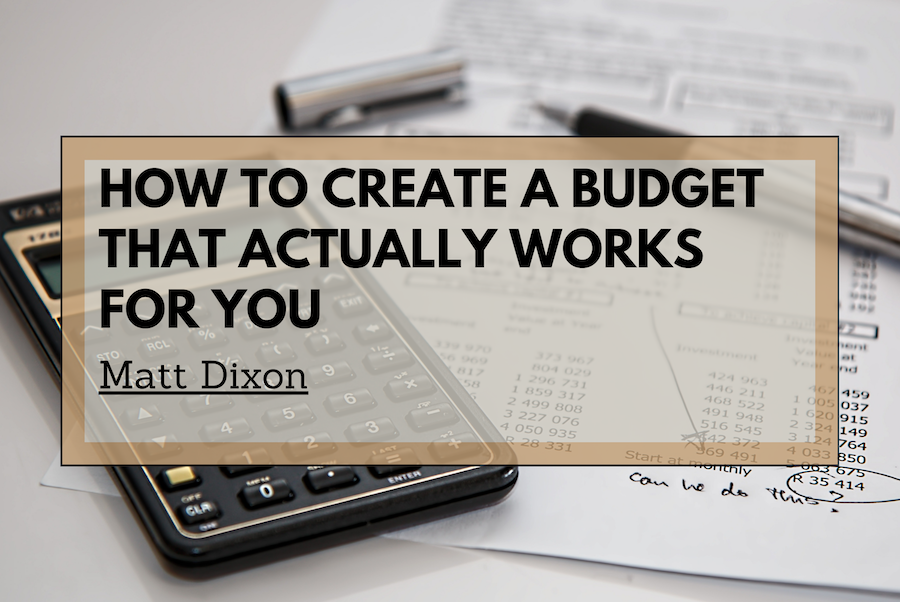Creating a budget can be intimidating, but it’s a crucial step toward financial stability and achieving your goals. A budget helps you track your expenses, helps you find where you can cut back, and save for the things that matter most to you. In this article, we’ll explore some tips for creating a budget that works for you.
- Determine Your Income and Expenses
The first step is determining your income and expenses. Calculate your monthly income, including your salary and any other sources of income. Then, list your monthly fees, including your rent or mortgage payment, utilities, food, transportation, and any other bills or expenses you have.
- Categorize Your Expenses
Once you have a list of your monthly expenses, categorize them into fixed and variable. Fixed expenses are recurring expenses that don’t change, such as your rent or mortgage payment. Variable expenses, such as your food or entertainment expenses, can fluctuate from month to month.
- Set Financial Goals
Identify your financial goals, such as saving for a down payment on a house, or taking a vacation. Having specific goals can help you stay motivated and focused on your budget.
- Allocate Your Income
Allocate your income based on your expenses and financial goals. Make sure to allocate enough money for your fixed expenses and financial goals before issuing money for variable expenses.
- Track Your Spending
Track your spending to make sure you’re staying within your budget. Use a budgeting app or spreadsheet to monitor your expenses and adjust your budget.
- Cut Back on Unnecessary Expenses
Find where you can cut back on unnecessary expenses, such as dining out or entertainment expenses. Cutting back on these expenses can help you save money and stay within your budget.
- Be Realistic
Be realistic about your budget and your financial goals. Don’t set unrealistic goals or expect to make significant changes overnight. Creating a budget is a process that takes time and effort to achieve financial stability.
Creating a budget that is for you is essential for achieving financial stability and reaching your goals. By determining your income and expenses, categorizing your expenses, setting financial goals, allocating your income, tracking your spending, cutting back on unnecessary costs, and being realistic, you can create a budget for you.
